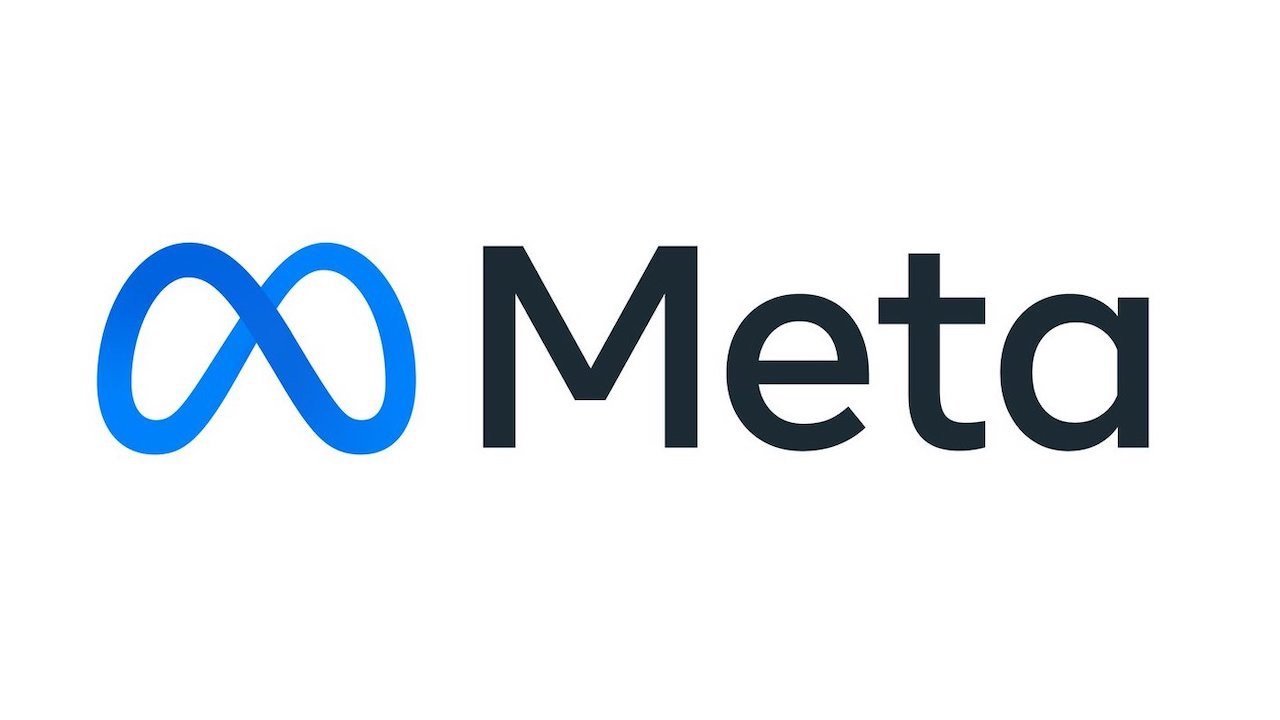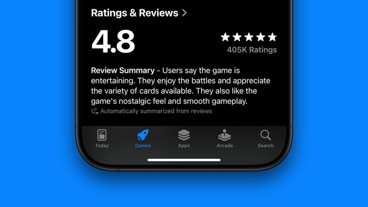Meta's suggesting that users should purchase boosted posts outside of the App Store in order to avoid a 30% fee has drawn Apple's ire with it now accusing Meta of attempting to evade fees it knew was coming for over a year.
There's been a lot said about Apple's 30% commission fee, and it's not always immediately clear what it applies to. One thing we do know, though, is that starting in February, sponsored or "boosted" posts will be subjected to that same charge.
Meta, the company that owns platforms like Facebook and Instagram, has started informing its users that they should purchase sponsored posts outside the App Store to avoid a 30% upcharge.
"The Apple service charge is a result of updates Apple made to the App Store Review Guidelines," reads the Meta announcement.
"Starting later this month, when an advertiser uses the Facebook or Instagram iOS app to Boost a post, they will be billed through Apple, which retains a 30% service charge on the total ad payment, before any applicable taxes. This service charge is retained by Apple, not Meta."
Meta goes on to say that it is "committed to offering businesses flexible and convenient options." Specifically, it directs customers to purchase boosts outside the App Store.
According to Meta, boosted posts purchased through the App Store must be prepaid. This will require a customer to add prepaid funds to their accounts within Facebook or Instagram, which will be drawn from to boost a post.
But if someone prefers working from the iOS app, Meta has a solution. Advertisers can instead head to Instagram.com or Facebook.com to add prepaid funds to their accounts — without the 30% service charge — and use those funds from within the Facebook or Instagram apps.
Apple's fees apply to digital items, like social media boosts
Apple, for its part, doesn't think that this is a particularly altruistic move that Meta's making. Instead, the company says it believes this is Meta's attempt to skirt paying Apple its cut.
It claims that Meta is aware of the guidelines, and that it's given the company over a year to bring its practices in line with the App Store Guidelines. It's not clear why Facebook was allowed to skirt them for so long, when other developers were hit on the first day of the review guidelines coming into play.
It also notes that Meta has an existing app, the "Meta Ads Manager," which allows customers to set up and pay for ads using alternative payment methods. This allows customers to purchase boosted posts and advertisements without relying on In-App purchases already.
In a statement to AppleInsider and other venues, Apple has clarified its stance on the boosted posts being a digital service, and subject to the fees.
"We have always required that purchases of digital goods and services within apps must use In-App Purchase. Boosting, which allows an individual or organization to pay to increase the reach of a post or profile, is a digital service — so of course In-App Purchase is required. This has always been the case and there are many examples of apps that do it successfully."
Warning customers of these additional charges is hardly new. Spotify, for example, removed the ability for customers to pay for their subscriptions through the App Store in 2023.
 Amber Neely
Amber Neely







-m.jpg)






 Malcolm Owen
Malcolm Owen
 Marko Zivkovic
Marko Zivkovic
 Christine McKee
Christine McKee
 Andrew Orr
Andrew Orr
 Andrew O'Hara
Andrew O'Hara
 William Gallagher
William Gallagher

 Mike Wuerthele
Mike Wuerthele




-m.jpg)



11 Comments
Really Meta would have to boost their charge by 43% to come out even after the 30% fee since (1.43)(0.7)=1.
I’m not a Meta fan, in no way shape or form. But I have a hard time finding a tear for Apple’s dramatic stance. If Apple thinks that managing fees has a cost, then they should simply stop requiring that developers use their transactional platform. Less use, less transactions, less costs overall. Stop forcing developers to use Apple transactional platform and leave reimbursements to the developers. The current system doesn’t adequately protect customers anyway as abusive developers still manage to charge abusive fees without Apple even batting an eye.
So... Meta signed up. for in-app purchases. Then they donn't want to have to pay?
LOL.
This frivolous. crap. has to. stop. sometimes. The courts should. start fining companies that try. to weasel out of contracts they've signed just because they. don't want to. honor. a. contract,